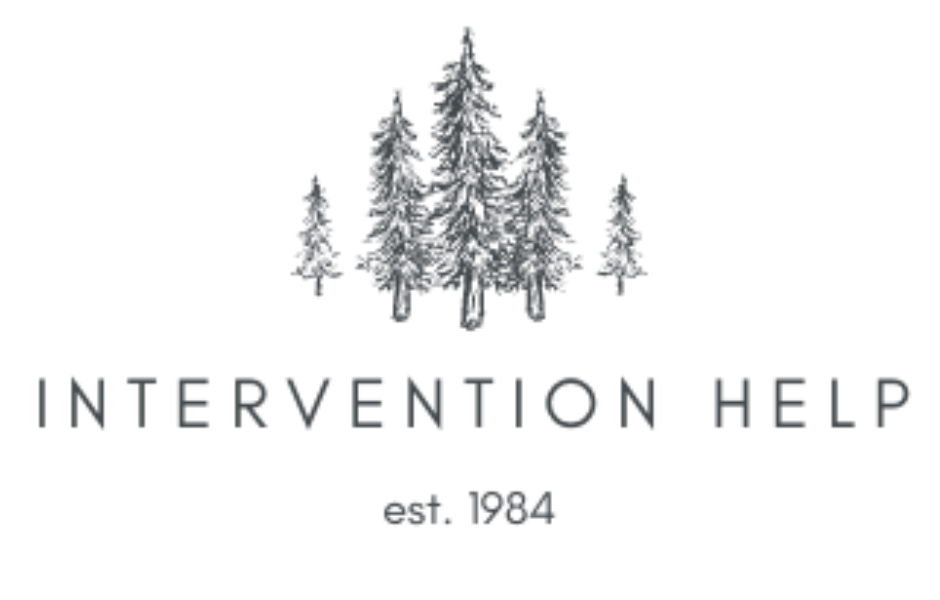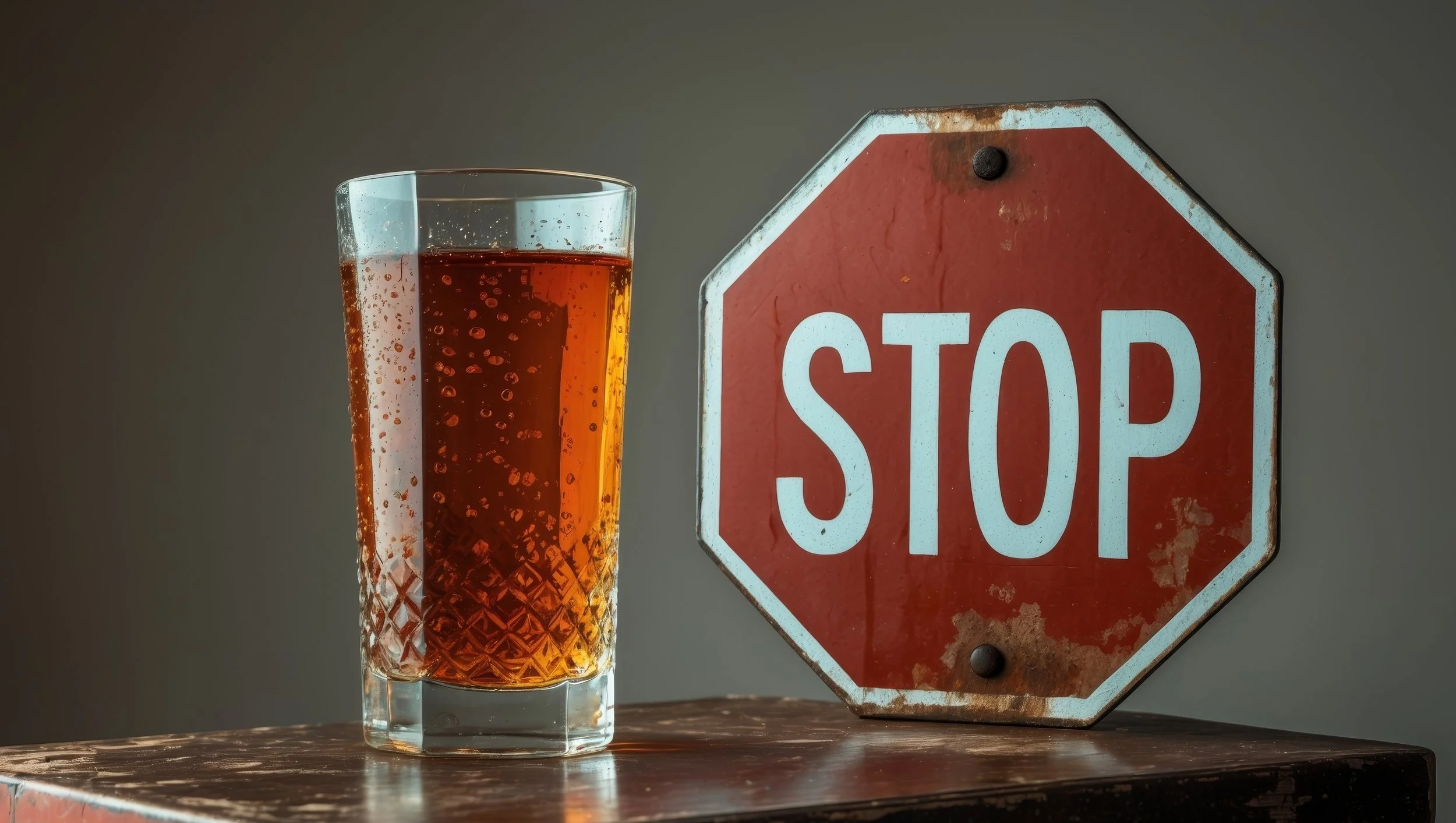How to Get Someone to Stop Drinking: A Guide for Families
Watching someone you love struggle with alcohol is heartbreaking. You've probably tried everything you can think of, from gentle conversations to desperate pleas.
Learning how to get someone to stop drinking starts with understanding that addiction is a disease, not a choice or moral failing. Reaching out for professional help might be the best next step for your loved one’s recovery and your own well-being. This guide will help you navigate this difficult journey with compassion and hope.
Understanding Why People Can't Just Stop Drinking
Alcohol addiction changes the brain in ways that make stopping incredibly difficult. The person you love isn't choosing alcohol over you. They're battling a medical condition that affects their judgment and willpower.
Many people struggling with alcohol dependency feel trapped in a cycle of shame and guilt. Understanding this helps you approach the situation with compassion rather than frustration.
Recognizing When Someone Needs Help to Stop Drinking
The signs that someone needs help stopping drinking often develop gradually. You might notice they're drinking more frequently or organizing their day around when they can drink next.
Behavioral changes are equally telling. They might become secretive about their drinking, lie about consumption, or become defensive when alcohol is mentioned.
How to Get Someone to Stop Drinking: Effective Approaches
Here are several compassionate strategies that can make a real difference:
Choose the right moment for conversations when they're sober and calm.
Use “I” statements to express how their drinking affects you personally.
Listen without judgment, and validate their feelings about their struggles.
Set clear boundaries about what behaviors you will and won't accept.
Take care of your own emotional and physical well-being first.
Connect with support groups like Al-Anon to learn from others' experiences.
Research treatment options so you're prepared when they're ready for help.
The Role of Professional Intervention
Sometimes family efforts alone aren't enough, and that's when a professional intervention process becomes invaluable. Professional interventionists create a safe, supportive environment where your loved one feels heard rather than attacked—and they support the whole family through the intervention process.
These structured conversations use proven techniques to help people see past their denial. They often succeed where family attempts have failed because they're guided by trained professionals.
Supporting Recovery Once They Decide to Stop
When someone finally decides to stop drinking, they need immediate access to treatment and ongoing support. This might include medical detox, treatment programs, therapy, and sober companion support during early recovery. A professional interventionist can connect you with these resources.
Recovery is a long-term process that benefits from post-intervention support to address underlying issues. Family involvement in treatment significantly improves outcomes.
Finding Hope and Professional Help
Change is possible, even when it feels hopeless. If you're struggling with how to get someone to stop drinking, professional alcohol interventions can help you approach resistant individuals with compassion and effectiveness.


